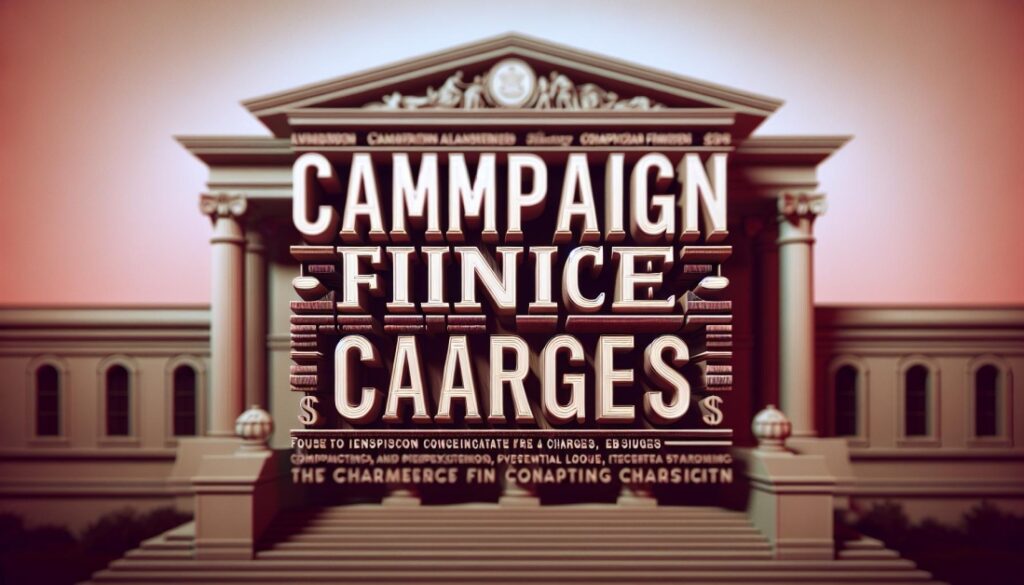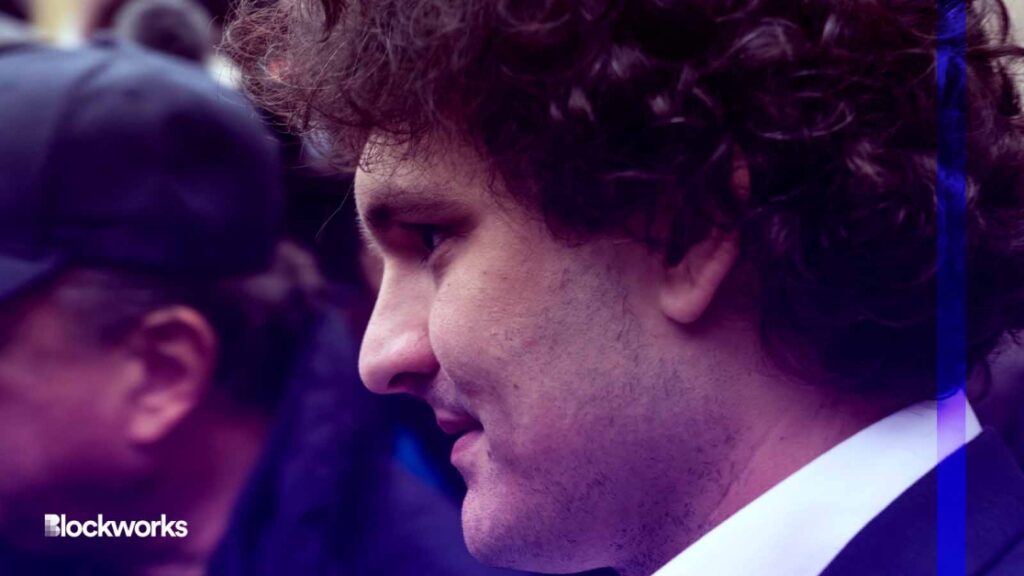Sam Bankman-Fried May Not Have Escaped Campaign Finance Charges

Prior to the criminal trial of Sam Bankman-Fried in October this year, prosecutors just dropped a charge of campaign finance.
However, that doesn’t mean the US Department of Justice will let the FTX founder get away with alleged criminal conduct – and the charges of campaign finance could still be tried later.
Bankman-Fried is currently scheduled to appear in court on October 2 on seven separate counts, including conspiracy to commit wire fraud and wire fraud, conspiracy to commit securities fraud and conspiracy to launder money. He is scheduled to stand trial again in March next year on five additional charges, including conspiracy to commit bank fraud, conspiracy to operate an unlicensed money transmitter and conspiracy to bribe foreign government officials.
The Justice Department said in a letter Wednesday night that it was dropping the charges due to commitments in the Bahamas extradition treaty, prompting speculation that he was being protected by political supporters.
In March, New York DA Alvin Bragg brought indictment charges against the former president over an alleged “campaign finance violation.” Now the corrupt DOJ is *dropping* the campaign finance violation charge against Sam Bankman-Fried, a Democrat mega donor. Political… https://t.co/ch47aca941
— Vivek Ramaswamy (@VivekGRamaswamy) July 27, 2023
The reality is much more boring.
Some background: Police in the Bahamas arrested Bankman-Fried in December in response to a US government extradition request. Under the terms of the extradition treaty, Bankman-Fried had the option to fight extradition, which he initially did, before later agreeing to extradition.
At the time of his extradition, Bankman-Fried was facing only the eight original charges prosecutors had filed in December 2022. The DOJ added five more charges through two replacement charges over the next few months.
However, Bankman-Fried’s defense team argued in court that the Bahamas had to agree to these additional charges under the terms of their extradition treaty. The DOJ said it was willing to await that approval, and while the Bahamas government appeared poised to grant that approval, a Supreme Court judge ruled that Bankman-Fried had the right to contest it first.
As a result, the Justice Department agreed to sever or deal separately with the five additional charges, leading to the March hearing date.
During a hearing last month, the defense team argued that the surrender order did not include campaign finance costs. The prosecution stated that the charges were included in the extradition request.
In its Wednesday letter, the Department of Justice said the government of the Bahamas had informed the US government that it had not included the allegation of campaign finance in its arrest warrant and extradition document, suggesting that this allegation, too approval of the Bahamas required government.
The DOJ has not said if it will push to add these charges to the March hearing date. A DOJ spokesman did not respond to a request for comment, although a temporary gag order signed by District Judge Lewis Kaplan, who is overseeing the case, could prevent the DOJ from commenting one way or another outside of the court record.
Meanwhile, prosecutors in this case must draft and file a formal detention request against Bankman-Fried after Assistant U.S. Attorney Danielle Sassoon alleged that he deliberately attempted to tamper with witness testimony after killing the former Alameda had shared The Private Diary of Research CEO Caroline Ellison at the New York Times. She told the court that the Justice Department had concluded that his release terms “placed too much trust in him” and that he had abused his privileges.
DOJ filing must be completed by Friday evening and Bankman-Fried’s defense team has until Tuesday to respond.





